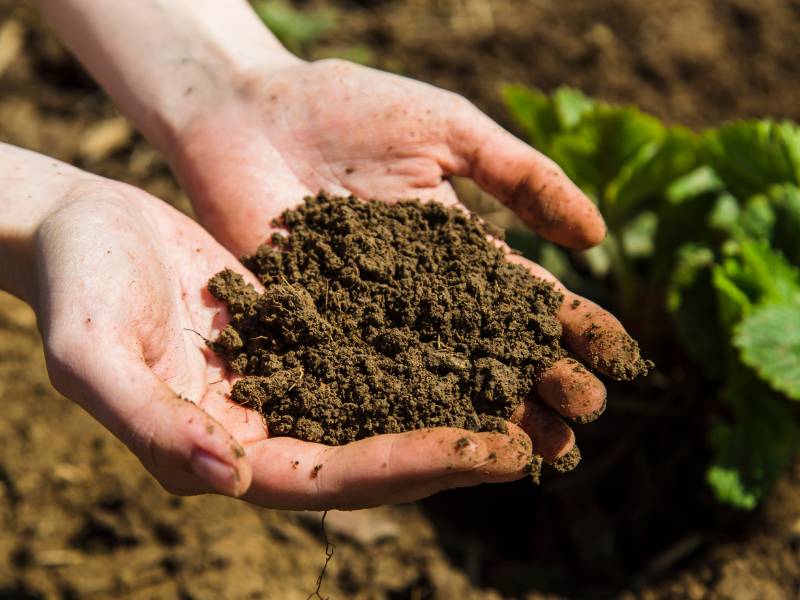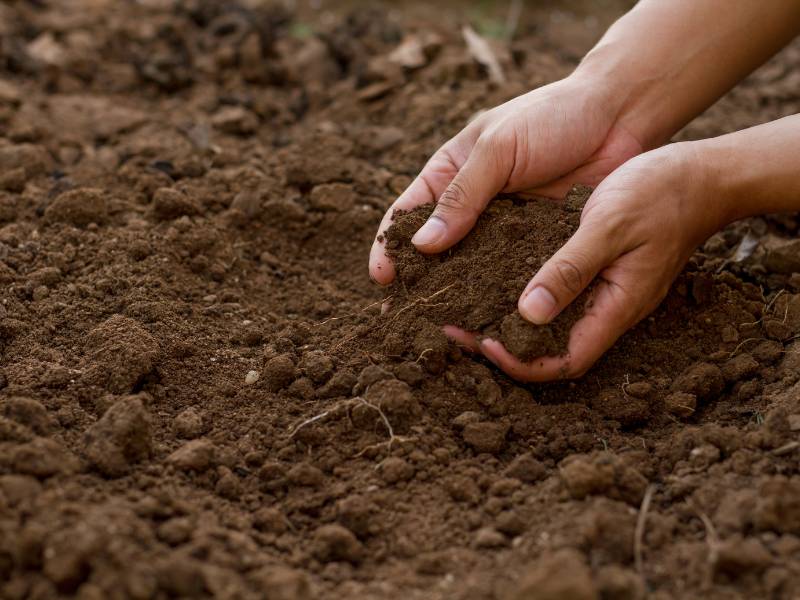The Biggest Disaster: The Decline in Soil Health

The Biggest Disaster: The Decline in Soil Health
Soil is one of the most fundamental resources we have - without healthy soil we cannot grow enough food to eat. Soil is much more than just food production: it protects us against floods and droughts whilst capturing vast amounts of carbon.
Modern intensive farming is degrading our soil, and over the last 150 years, nearly half of the world’s topsoil has disappeared - it’s this topsoil that has the highest concentration of organic matter and the microorganisms that are essential to growing food. In England and Wales almost 4 million hectares of soil are at risk of compaction and over 2 million hectares are at risk of erosion.
If we continue to ignore the damage some farming practises are causing, we will put our food security at risk. We will also lose one our best assets to combat climate change, and the effects on our wildlife and our rivers could be irreparable. This is why, at the heart of the Farm Wilder standards, there are techniques like sowing herbal leys, grazing rotationally, restoring hedgerows and planting trees, all of which help to regenerate healthy, carbon-rich topsoil.

The conversation on soil health has been in the background for many years, but it is only in the last 2-3 years it has been at the forefront. If we continue to ignore the damage some farming practices are creating, we will lose one of our best assets to combat climate change, reduce our ability to grow crops and feed livestock and the effect on our wildlife and aquatic environment could be irreparable.
"Soil is at the core to all farming and its deterioration is one of the biggest challenges we’re facing in farming today.” Andy Gray, Elston Farm


